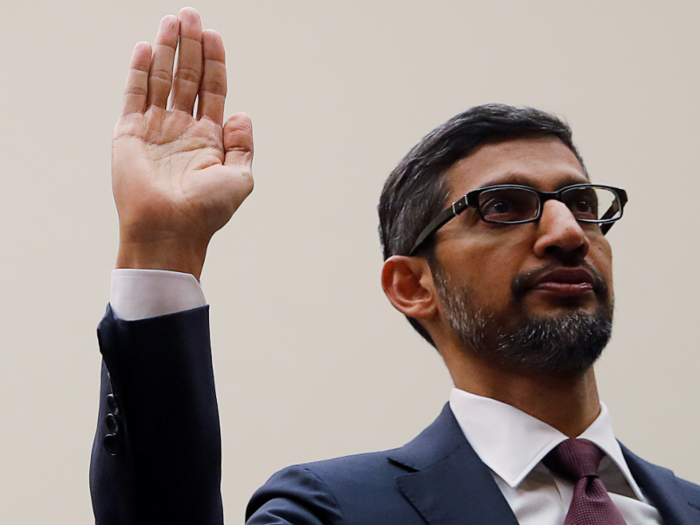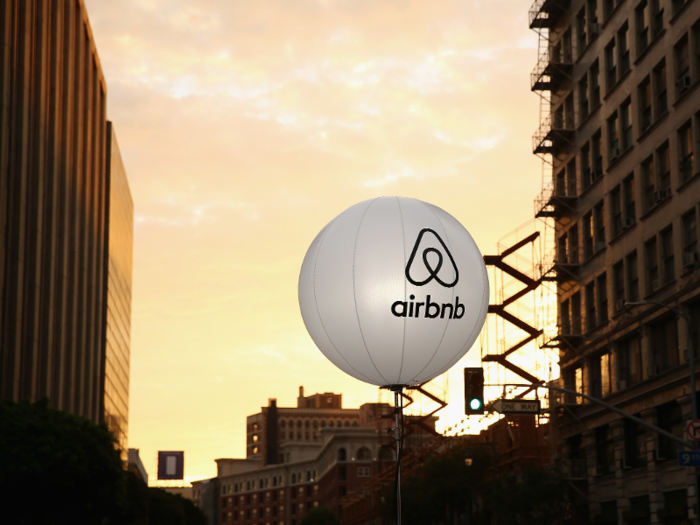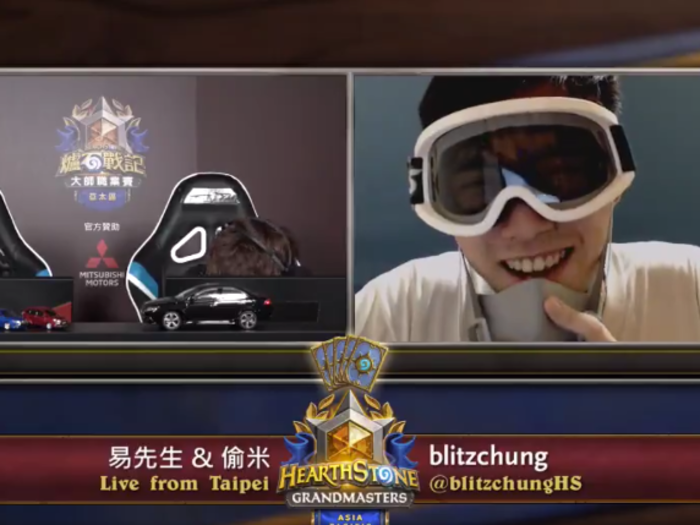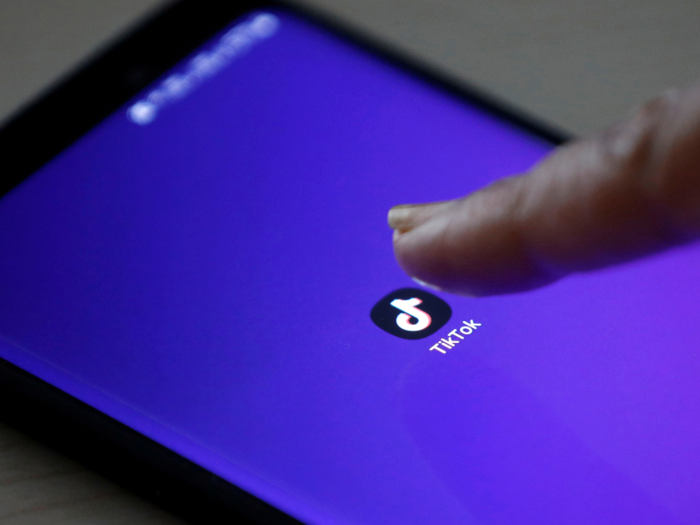Microsoft censors political content that could anger the Chinese government from Bing search results and LinkedIn posts.
According to The Guardian in 2014, searches for the Dalai Lama and Tiananmen Square, among other topics, returned different results in Chinese and English, suggesting that Microsoft was applying Chinese censorship rules to users not in China as well. Microsoft blamed this on a "systems error."
And earlier this year, Bing was briefly blocked in China, reportedly for "illegal content," but service was eventually restored.
Now, Chinese-language censorship is no longer applied through Bing, but the search engine still censors results within China.
The censorship applies to Microsoft-owned LinkedIn, too. According to Wired, in 2014, Hong Kong legislator Charles Mok had a LinkedIn post referencing Tiananmen Square taken down, and he received a message from the company explaining why the post was not visible.
LinkedIn openly supports the censors of China and should be condemned for such acts. pic.twitter.com/mauLDlIOpp
— Charles Mok 莫乃光 (@charlesmok)
June 3, 2014
Google had plans for a censored search engine in China, but backlash from employees and the public led it to cancel the project.
In August 2018, The Intercept published Google's plan to launch a censorship-compliant search engine in China, codenamed Project Dragonfly.
The report said that Dragonfly would "blacklist sensitive queries," meaning no results would show when people searched certain banned terms. In December 2018, Google CEO Sundar Pichai testified before Congress that the company had no plans to launch a search engine in China. The project has reportedly been halted.
Google has been blocked in China since 2010, when it pulled out of the country at the behest of cofounder Sergey Brin, as part of his motto, "Don't be evil."
Airbnb cancels bookings in China during large political events.
In 2018, Airbnb canceled reservations and removed listings in Beijing during China's National People's Congress, an annual two-week meeting of parliament. The company told Business Insider it did this due to "external factors," in order to "be good neighbors."
Airbnb also removed listings and canceled bookings ahead of the Communist Party's five-yearly congress.
Blizzard, the company that developed "World of Warcraft" and "Overwatch," punished a competitor who publicly supported Hong Kong protesters.
Esports competitor Chung Ng Wai, or Blitzchung, yelled "Liberate Hong Kong, revolution of our age" during an interview at the Hearthstone tournament in Taiwan. Now, Blizzard Entertainment is facing criticism for banning Blitzchung from competitions for a year and rescinding his prize money.
Chinese company Tencent, which also owns WeChat, owns 5% of Activision Blizzard, Blizzard's parent company.
Popular video app TikTok has reportedly censored content that could upset Chinese officials.





